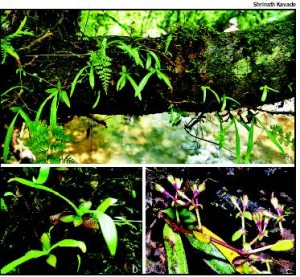 Researchers studying the floral diversity of the Chandoli national park in the northern Western Ghats of Maharashtra have accidentally discovered a rare plant species. The species was last seen in 1851 and was thought to be extinct.
Researchers studying the floral diversity of the Chandoli national park in the northern Western Ghats of Maharashtra have accidentally discovered a rare plant species. The species was last seen in 1851 and was thought to be extinct.
The discovery was made by Shrinath Kavade, professor, Art, Commerce and Science College, Lanja in Ratnagiri; Subhash Deokule, University of Pune; P Lakshminarasimhan, Botanical Survey of India, Howrah; Prakash Diwekar, Botanical Survey of India, Western Regional Centre, Pune; and Sachin Punekar of Agharkar Research Institute.
It was between 2005 and 2010 that the team carried out the survey in the park and collected samples of different plant species.
Kavade said, “The species is called Belosynapsis vivipara, which was found along the backwaters of Warana river across Sahyadri range. The genus Belosynapsis is represented by five species distributed from South Asia to New Guinea. In India, however, it is represented by three species, namely, B epiphytica, B kewensis and B vivipara.”
In India this particular species of the plant was last seen in 1851 at the Karva ghat area of the Western Ghats. This place lies on the border of three Indian states- Goa, Maharashtra and Karnataka. The recent discovery however, was in the northern tip of Maharashtra, showing that the plant might have a very wide range.
Punekar said, “The specimens found in 1851 were from Parva Ghat, which lies at the junction of Maharashtra, Goa and Karnataka, while the latest discovery was in the northern-most extension of the northern Western Ghats of Maharashtra. The distance between the two points is sizable and a thorough study of the area lying in between could further lead to similar discoveries, which will go a long way in conserving this threatened plant species.”
The team found 100 such plants growing on large tree trunks in the riparian forest patches of Male and Patharpunj villages in Chandoli national park. The plants were growing at a very high elevation on densely moss covered tree trunks and branches of trees in shady, semi-evergreen riparian forests.
“This species is on the verge of extinction and is equally important to biodiversity. Thus, before declaring any area as protected, certain species of the flora and fauna should be given due importance. Also, total protection should be given to the riparian forest areas of Chandoli national park for conservation of this vulnerable and endemic species. Ex-situ conservation and domestication of the species in greenhouses and gardens for future survival, besides its re-introduction in wild and similar habitats is imperative,” Punekar said.
About the Plant
Name – Belosynapsis vivipara
Description – It is an epiphytic (a plant that grows upon another plant ) herb that grows at high elevation on moss covered tree branches and stems. The species was found in a forest near a river bed, called as a riparian forest. The plant is tender with small roots and hair on the leaves and stem. Flowering occurs between July and October.
For more information of the present research and the plant species refer here.
More related stories,
Researchers Discover a New Plant Species in Kerala
Rare Pickle Mango Variety on Path of Resurrection





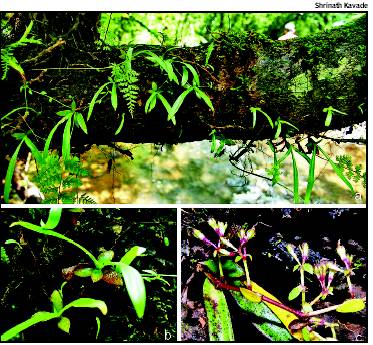

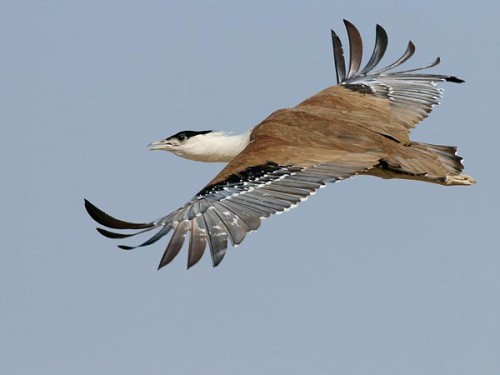
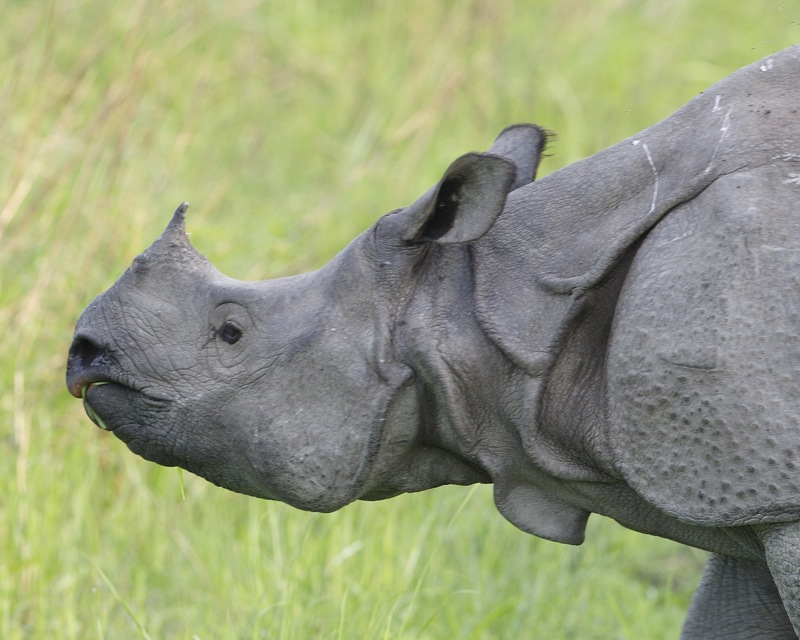
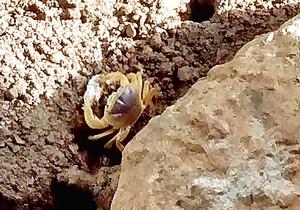
6 thoughts on “Researchers Find Rare Plant Species after 161 Years”